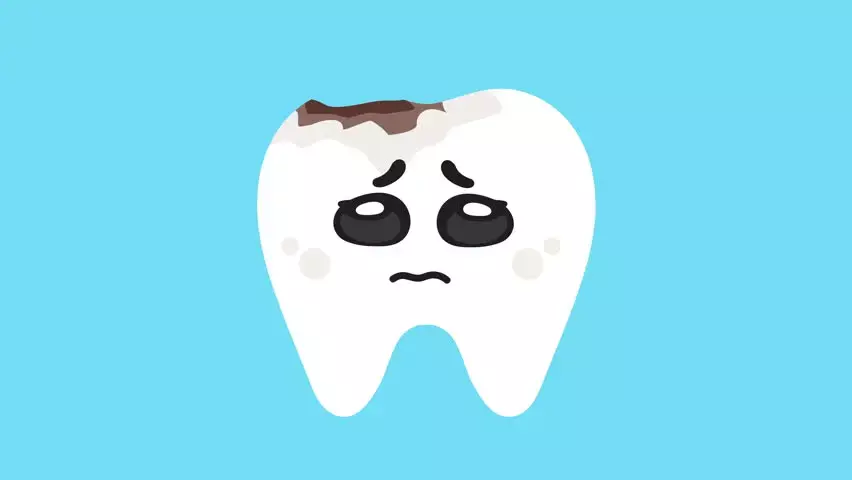- Home
- Medical news & Guidelines
- Anesthesiology
- Cardiology and CTVS
- Critical Care
- Dentistry
- Dermatology
- Diabetes and Endocrinology
- ENT
- Gastroenterology
- Medicine
- Nephrology
- Neurology
- Obstretics-Gynaecology
- Oncology
- Ophthalmology
- Orthopaedics
- Pediatrics-Neonatology
- Psychiatry
- Pulmonology
- Radiology
- Surgery
- Urology
- Laboratory Medicine
- Diet
- Nursing
- Paramedical
- Physiotherapy
- Health news
- Fact Check
- Bone Health Fact Check
- Brain Health Fact Check
- Cancer Related Fact Check
- Child Care Fact Check
- Dental and oral health fact check
- Diabetes and metabolic health fact check
- Diet and Nutrition Fact Check
- Eye and ENT Care Fact Check
- Fitness fact check
- Gut health fact check
- Heart health fact check
- Kidney health fact check
- Medical education fact check
- Men's health fact check
- Respiratory fact check
- Skin and hair care fact check
- Vaccine and Immunization fact check
- Women's health fact check
- AYUSH
- State News
- Andaman and Nicobar Islands
- Andhra Pradesh
- Arunachal Pradesh
- Assam
- Bihar
- Chandigarh
- Chattisgarh
- Dadra and Nagar Haveli
- Daman and Diu
- Delhi
- Goa
- Gujarat
- Haryana
- Himachal Pradesh
- Jammu & Kashmir
- Jharkhand
- Karnataka
- Kerala
- Ladakh
- Lakshadweep
- Madhya Pradesh
- Maharashtra
- Manipur
- Meghalaya
- Mizoram
- Nagaland
- Odisha
- Puducherry
- Punjab
- Rajasthan
- Sikkim
- Tamil Nadu
- Telangana
- Tripura
- Uttar Pradesh
- Uttrakhand
- West Bengal
- Medical Education
- Industry
Ethnicity, socio-economic variations influence dental caries: Study

Ethnic disparities are seen in dental caries, suggests a study published in the Journal of Dental Research.
Comprehensive research on ethnic disparities in dental caries in China is limited.
A group of researchers from China conducted a cross-sectional study to compare the levels of dental caries in adolescents between the Han ethnic group and ethnic minority groups in China and to explore the risk indicators for dental caries within ethnic subgroups.
Data from the Fourth National Oral Health Survey in 2015, which covered all 31 province-level administrative divisions in mainland China, were used. The dental caries status in the permanent dentition of adolescents aged 12, 13, 14, and 15 y was measured using the decayed, missing, and filled teeth (DFMT) score, and sociodemographic characteristics and oral health–related behaviors were also collected.
The results of the cross-sectional study are as follows:
· A total of 118,601 adolescents were included, with ethnic minority groups accounting for 13.15%.
· Of the Han and minority groups, the standardized prevalence of dental caries experience was 40.58% and 47.67%, and the mean DMFT scores were 0.97 and 1.28, respectively.
· According to the multivariate zero-inflated negative binomial regression analysis, the caries status of minorities was more severe than Han adolescents.
· This disparity was greater among adolescents who lived in rural areas, had mid-level economic status, and frequently consumed sugary beverages.
· After propensity score matchings, Uygur, Tibetan, and Yi adolescents were significantly more likely to have caries than Han adolescents.
· Subgroup analyses revealed that gender, age, location of residence, economic status, region, consumption of sweet snacks and sugary beverages, and dental visit pattern was significantly associated with dental caries within ethnic minorities.
Thus, the researchers concluded that ethnicity indeed had a great influence on the degree of caries present among the adolescent population in China.
Reference:
Ethnic Disparities in Dental Caries among Adolescents in China by Wu S et. al published in the Journal of Dental Research.
https://doi.org/10.1177/0022034520976541
Dr. Shravani Dali has completed her BDS from Pravara institute of medical sciences, loni. Following which she extensively worked in the healthcare sector for 2+ years. She has been actively involved in writing blogs in field of health and wellness. Currently she is pursuing her Masters of public health-health administration from Tata institute of social sciences. She can be contacted at editorial@medicaldialogues.in.
Dr Kamal Kant Kohli-MBBS, DTCD- a chest specialist with more than 30 years of practice and a flair for writing clinical articles, Dr Kamal Kant Kohli joined Medical Dialogues as a Chief Editor of Medical News. Besides writing articles, as an editor, he proofreads and verifies all the medical content published on Medical Dialogues including those coming from journals, studies,medical conferences,guidelines etc. Email: drkohli@medicaldialogues.in. Contact no. 011-43720751


